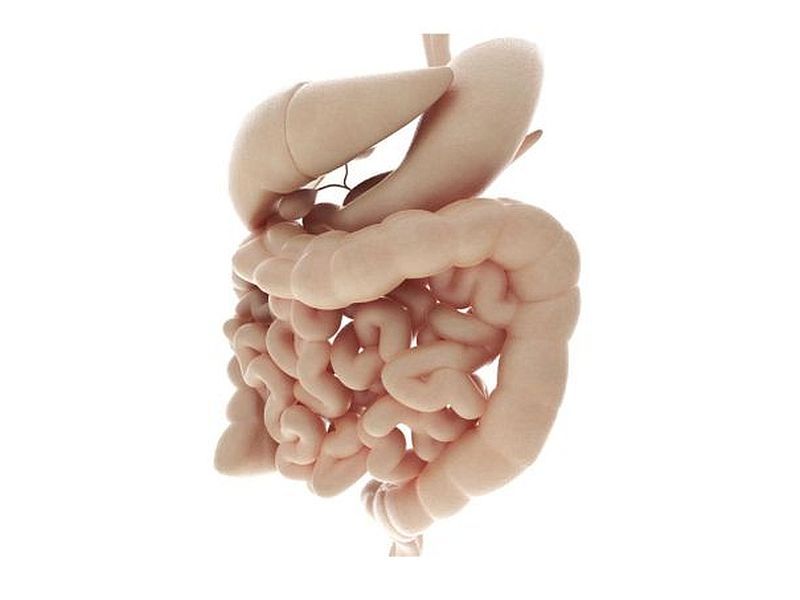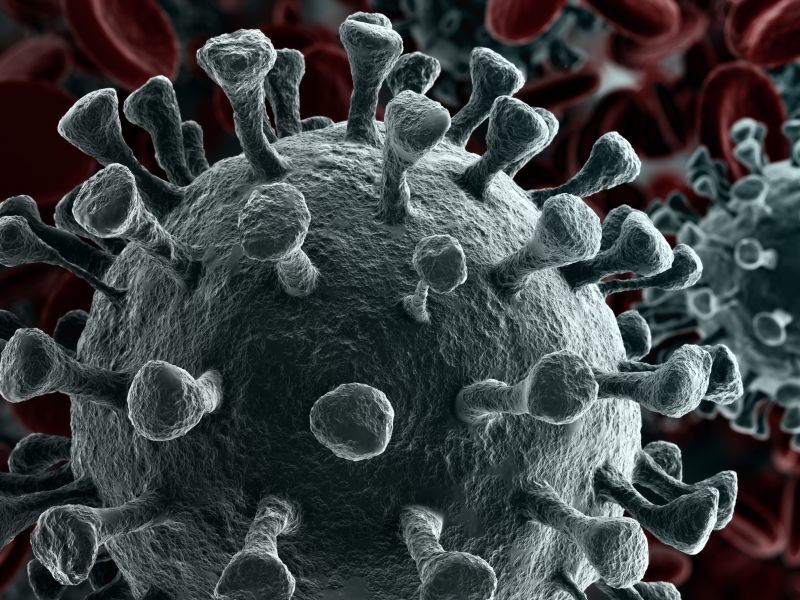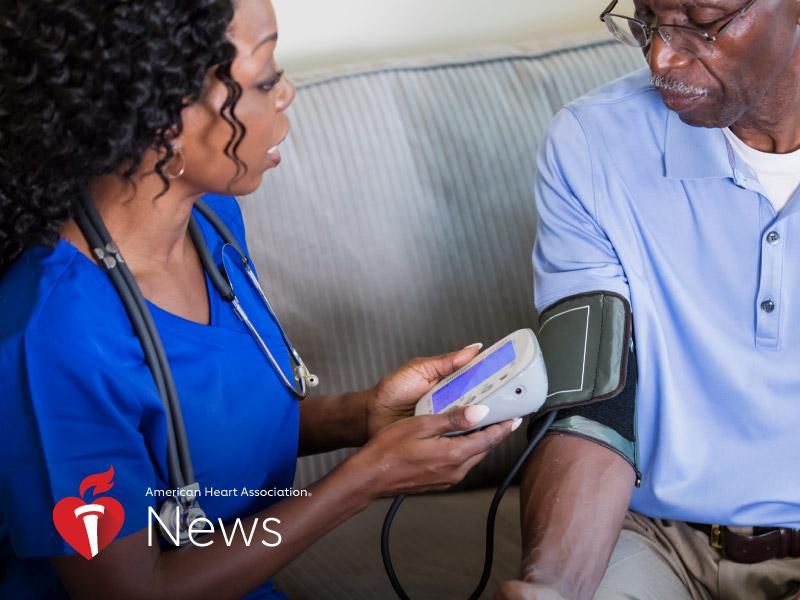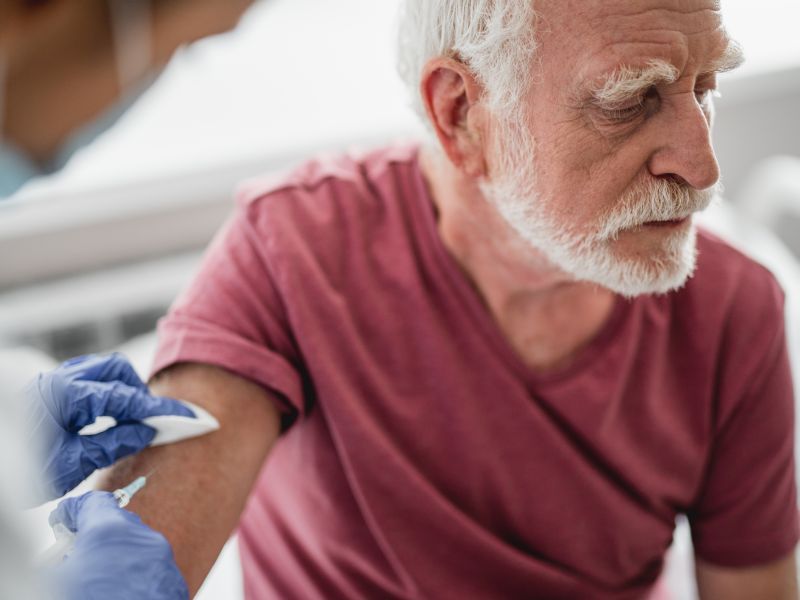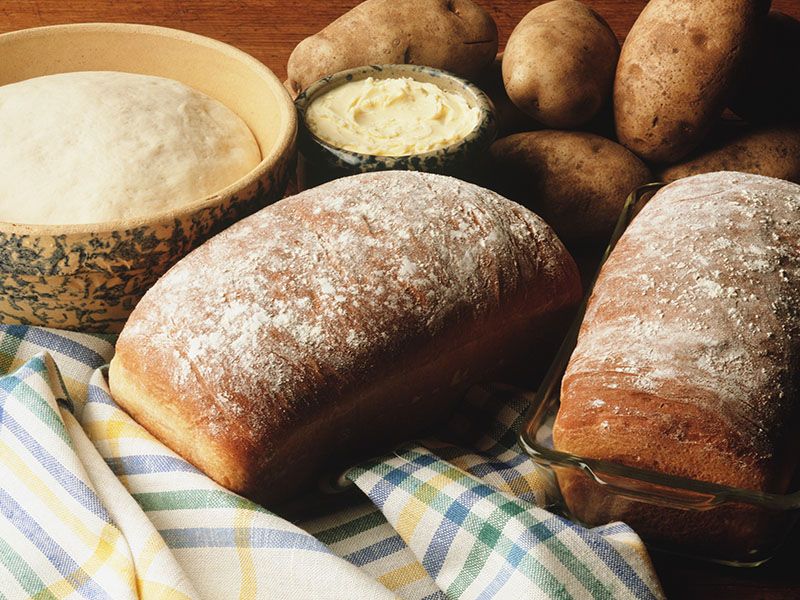
As the COVID-19 pandemic transformed everyday lives in 2020, Americans began dwelling on a few key topics, sourdough bread among them. But we were also tweeting about and researching sacrifice, survival and death, according to new research on online trends. Researchers analyzed how Google searches and the phrasing of a half-billion words and phrases on… read on > read on >











